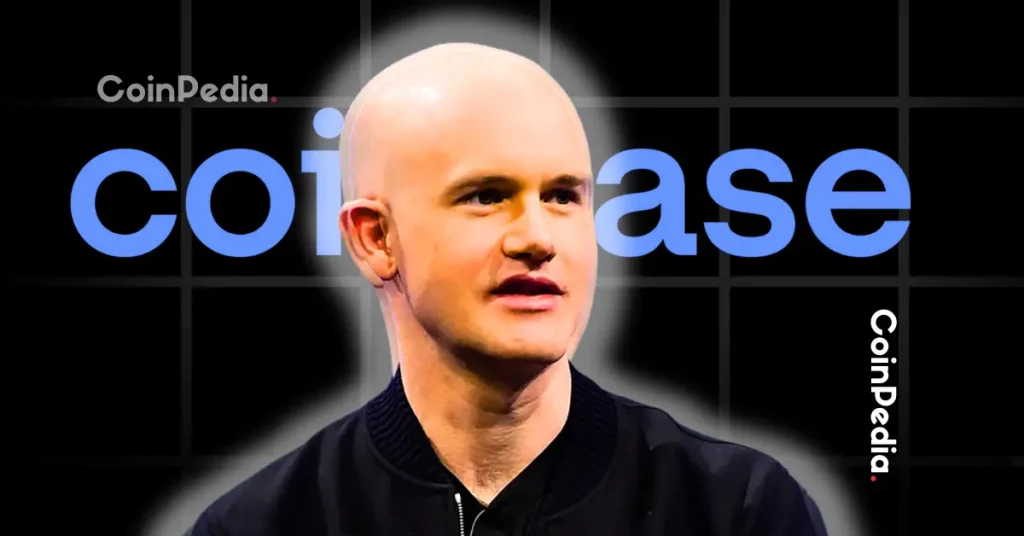Coinbase Files for OCC Trust Charter, Says It Won’t Become a Bank



The post Coinbase Files for OCC Trust Charter, Says It Won’t Become a Bank appeared first on Coinpedia Fintech News
Coinbase is making another push into traditional finance. The U.S.’s largest crypto exchange has applied for a National Trust Company Charter from the Office of the Comptroller of the Currency (OCC).
The license could give Coinbase more control over custody and payments, but the company is keen to stress one thing : “We have no intention of becoming a bank.”
What the Charter Really Means
This isn’t a banking license in the usual sense. A national trust charter doesn’t allow lending, deposits, or FDIC insurance. Instead, it gives companies the ability to safeguard assets, manage stablecoin reserves, and settle payments.
Greg Tusar, Coinbase’s VP of institutional product, said the license would “streamline oversight for new offerings and enable continued innovation to integrate digital assets into traditional finance.”
For Coinbase, the move is about credentials and regulatory clarity, not turning into a bank.
Payments and Stablecoins at the Core
Coinbase has been leaning heavily into payments as stablecoins gain traction. Its close link with USDC, managed in partnership with Circle, has become central to that strategy. USDC is now the world’s second-largest stablecoin, and Coinbase has struck deals with Shopify, PNC, and JPMorgan to push adoption.
The political backdrop also matters.
In July, President Donald Trump signed the first U.S. law regulating dollar-pegged stablecoins, putting the OCC in charge. For Coinbase, a trust charter could mean expanding payments and custody under clearer federal rules.
Also Read: Could Trump’s Tariffs Lead to $2,000 Payouts for Americans?
A Growing Line of Applicants
Coinbase is not the only firm making this move. Circle, Ripple, Paxos, and Bitgo have all filed for the same license this year, while Anchorage Digital remains the only crypto company to hold one.
Banks, however, are wary.
“Granting deposit-like powers under a trust charter unfairly tilts the playing field and sidesteps Congress,” wrote Mickey Marshall of the Independent Community Bankers of America.
Coinbase’s Bigger Play
With $425 billion in assets under custody and stock up 53% this year to $380, Coinbase is already the market’s largest crypto custodian. A federal trust charter could strengthen that position and reduce its dependence on partner banks.
CEO Brian Armstrong has called Coinbase a “bank replacement,” not a bank.
At a recent Goldman Sachs event , he put it plainly: “They’re coming to Coinbase when they want crypto custody, trading, payments, staking, financing on-chain.”
Why It Matters
The OCC’s decision on Coinbase’s application will be closely watched across the industry. If approved, it won’t just be a win for Coinbase but could shape how stablecoins and digital assets connect to the U.S. financial system in the years ahead.

Will Uptober Momentum Drive the Next OKB Price Rally To $300?
The post Will Uptober Momentum Drive the Next OKB Price Rally To $300? appeared first on Coinpedia F...

Sam Bankman-Fried Admits His “Biggest Mistake” in FTX Collapse
The post Sam Bankman-Fried Admits His “Biggest Mistake” in FTX Collapse appeared first on Coinpedia ...

Ripple President Says Stablecoin Appears to be Driven by FOMO
The post Ripple President Says Stablecoin Appears to be Driven by FOMO appeared first on Coinpedia ...


 New
New
 What’s Next For
What’s Next For